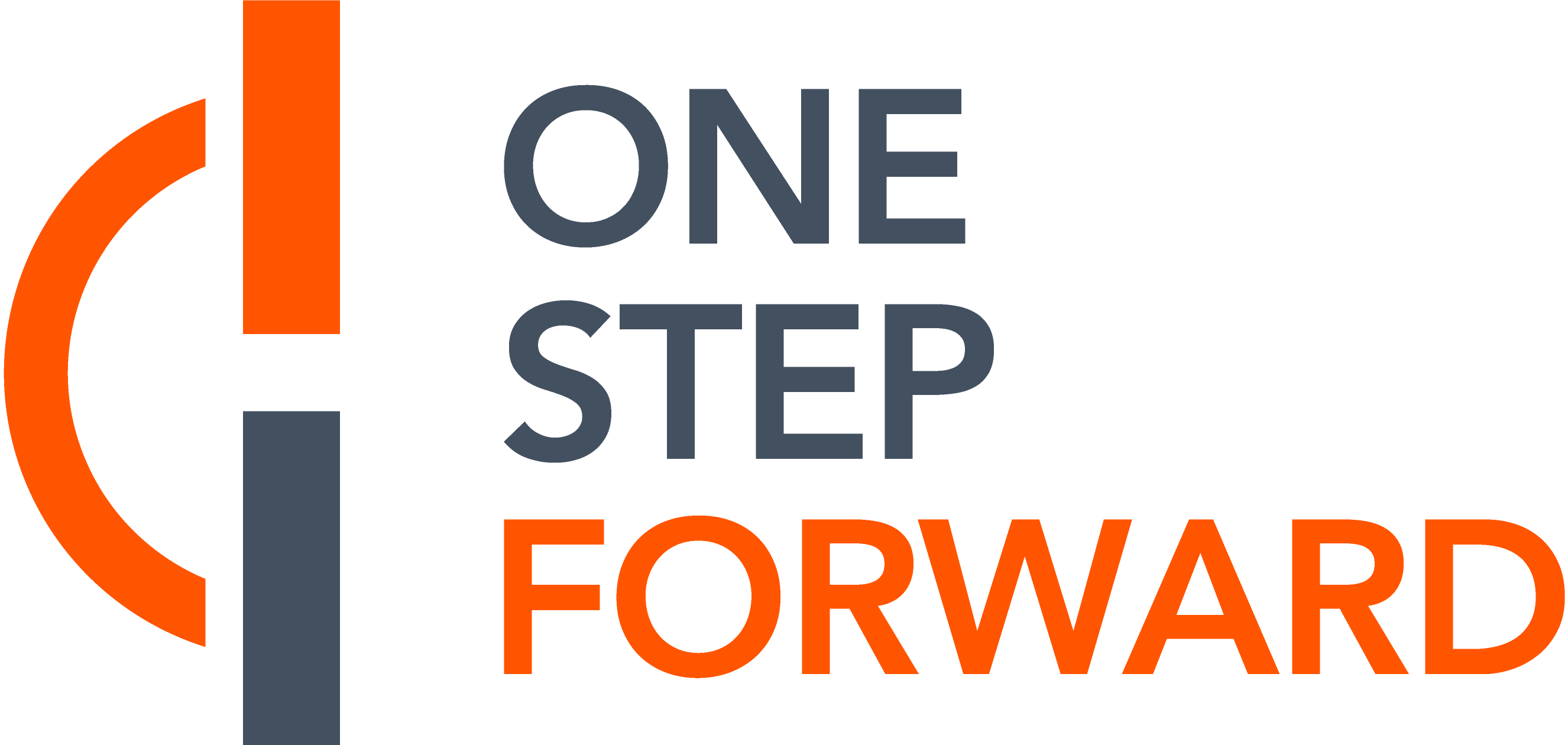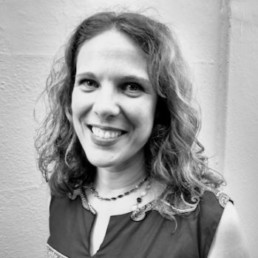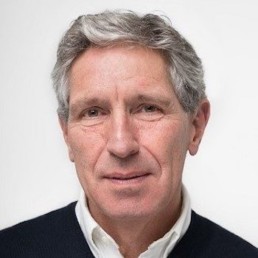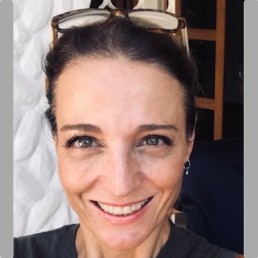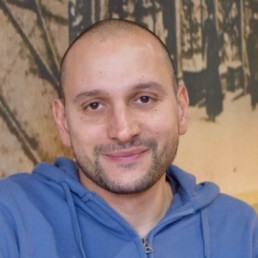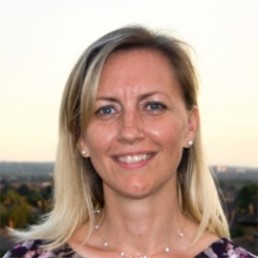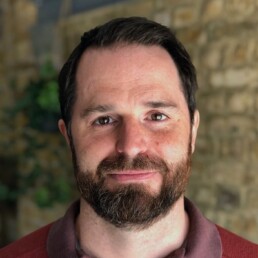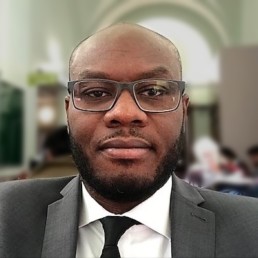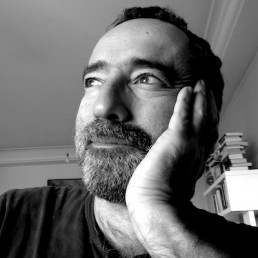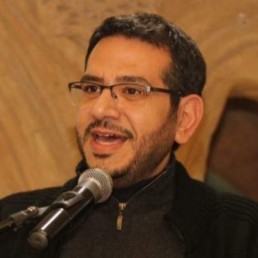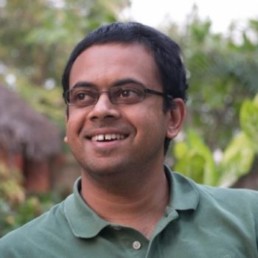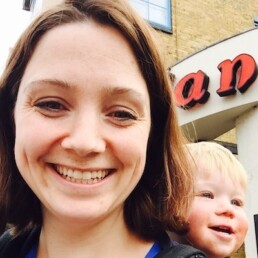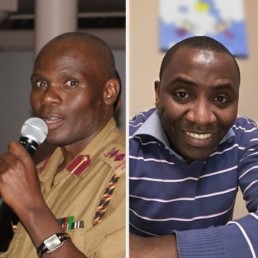Episode notes
Christine Williamson runs a consultancy firm called Duty of Care International, and has spent twenty years in human resources management in the aid world.
It’s well-known that this is a very difficult area. The sector puts large numbers of people into tough operating environments, with a tiny fraction of the support that’s available for diplomatic or military personnel. It’s built on short-term funding contracts which interfere with efforts to professionalise and plan the workforce.
Perhaps most difficult of all, there are a range of equity and oversight issues that come with shipping expatriate staff into places with weak regulatory systems.
With all this in mind, this is a wide-ranging conversation about ethics and professional excellence in managing human resources.
Topics discussed:
[2:20] Christine’s early days in the aid sector, and latter days starting her own company. The common thread of working for justice and fairness in human resources management.
[09:30] Key challenges for human resources management in the aid sector. Distinctions between expatriate and “national” staff, and the bad practices that tend to follow.
[13:00] Professional development in the aid sector (or lack thereof). The need to think at a system level about the labour market, rather than organisations blindly competing with each other.
[20:20] The current trend for tighter “safeguarding” to prevent abuses, in the wake of the Oxfam Haiti scandal. The role of proactive HR management and the true costs of cutting corners.
[30:35] Developing a healthier overall work environment for people in the aid sector. Individual and organisational responsibilities to sustain mental health.
[39:40] Whether a lifelong career in the aid sector is sustainable, or even a good idea. What individuals and organisations can do to improve both longevity, and the quality of the experience at any given time.
[48:30] Takeaways from a few decades in the aid sector and elsewhere. Embracing the “wacky” ideas.
